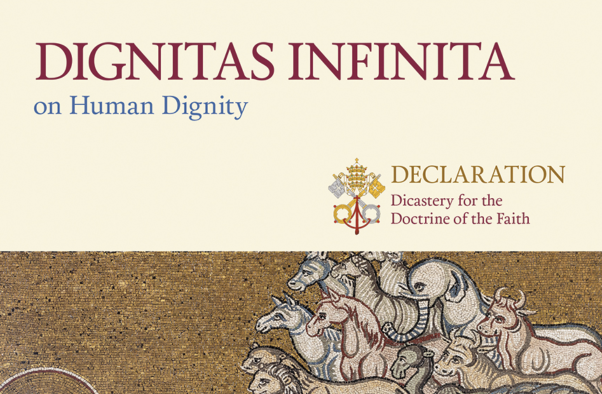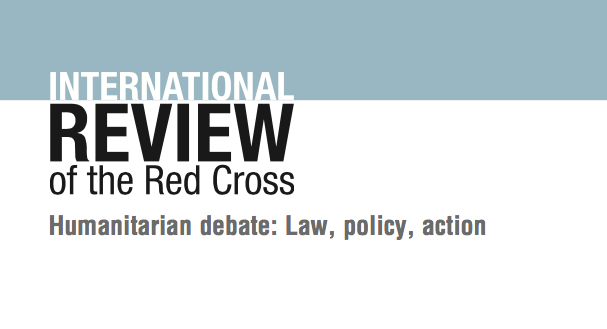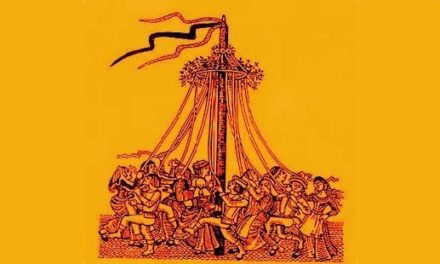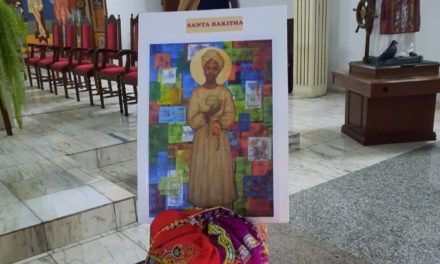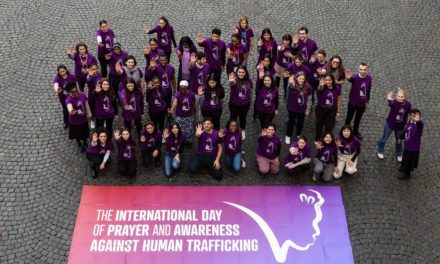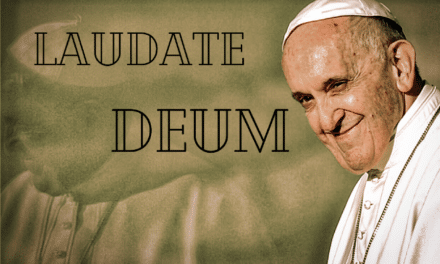In its initial three sections, the Declaration recalls fundamental principles and theoretical premises, with the goal of offering important clarifications that can help avoid frequent confusion that surrounds the use of the term “dignity.” The fourth section presents some current and problematic situations in which the immense and inalienable dignity due to every human being is not sufficiently recognized. The Church sees the condemnation of these grave and current violations of human dignity as a necessary measure, for she sustains the deep conviction that we cannot separate faith from the defense of human dignity, evangelization from the promotion of a dignified life, and spirituality from a commitment to the dignity of every human being.
This dignity of every human being can be understood as “infinite” (dignitas infinita), as Pope St. John Paul II affirmed in a meeting for people living with various limitations or disabilities.[1] He said this to show how human dignity transcends all outward appearances and specific aspects of people’s lives.
In Fratelli Tutti, Pope Francis wanted to underscore that this dignity exists “beyond all circumstances.” With this, he summoned all people to defend human dignity in every cultural context and every moment of human existence, regardless of physical, psychological, social, or even moral deficiencies. The Declaration strives to show that this is a universal truth that we are all called to recognize as a fundamental condition for our societies to be truly just, peaceful, healthy, and authentically human.
Although not comprehensive, the topics discussed in this Declaration are selected to illuminate different facets of human dignity that might be obscured in many people’s consciousness. Some topics may resonate more with some sectors of society than others. Nevertheless, all of them strike us as being necessary because, taken together, they help us recognize the harmony and richness of the thought about human dignity that flows from the Gospel.
This Declaration does not set out to exhaust such a rich and crucial subject. Instead, its aim is to offer some points for reflection that can help us maintain an awareness of human dignity amid the complex historical moment in which we are living. This is so that we may not lose our way and open ourselves up to more wounds and profound sufferings amid the numerous concerns and anxieties of our time.
Víctor Manuel Card. Fernández
Prefect

